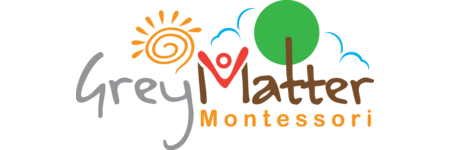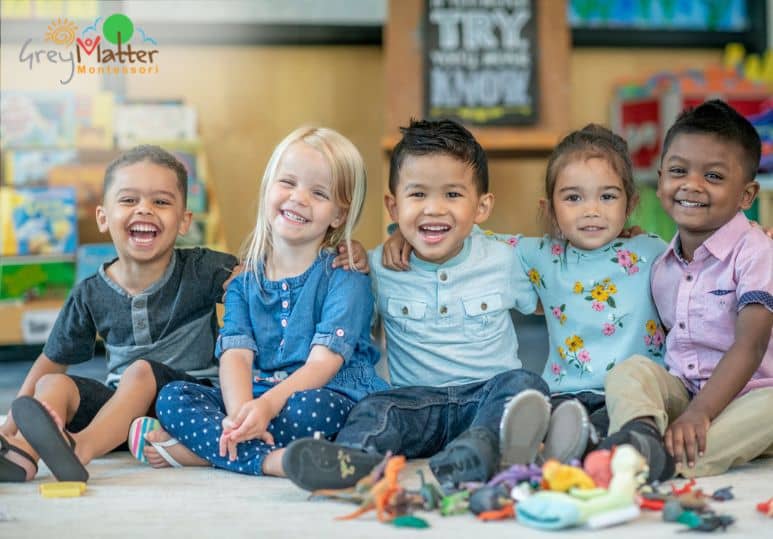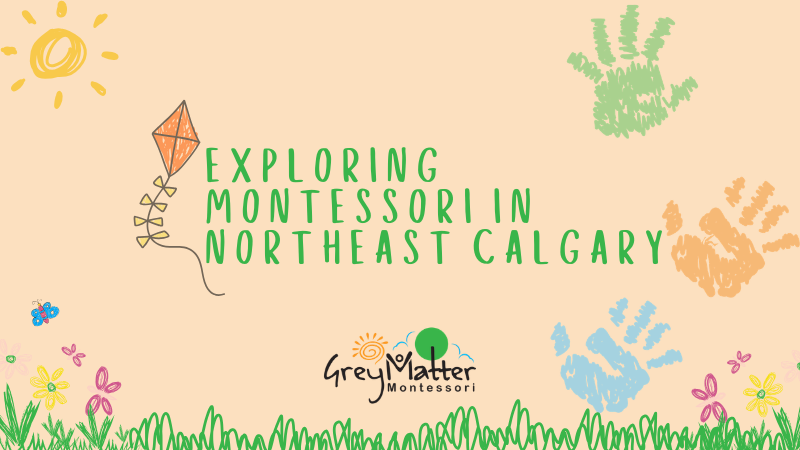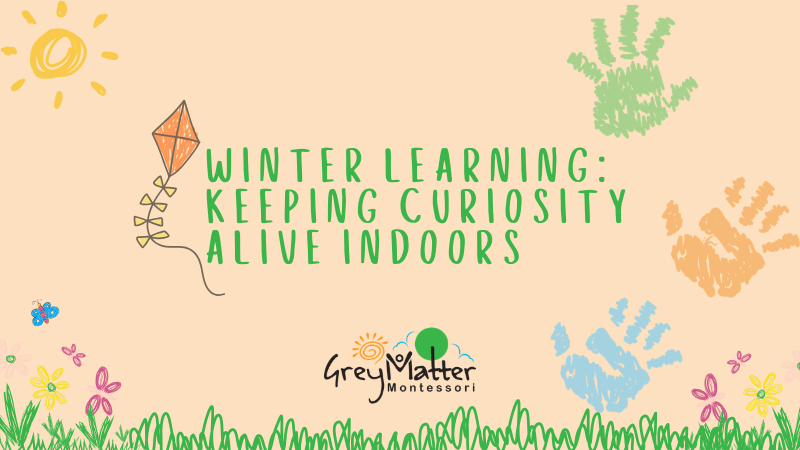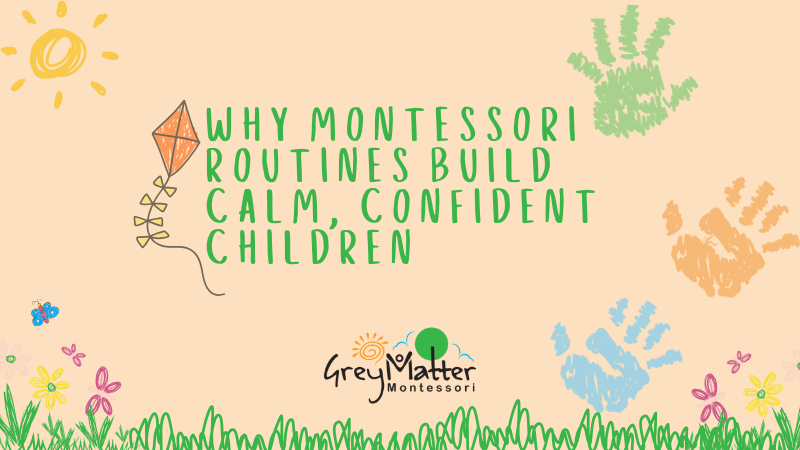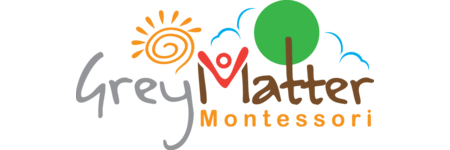Freedom In A Montessori Preschool
As parents of preschoolers, you must be familiar with their fierce independence (at times), their bold determination to do everything themselves, their self-assured confidence that they can do anything and they know it all. Because of this uncensored confidence, a Montessori preschool program establishes freedom within limits. These limits allow children to question and explore without danger to themselves or others. Freedom in a Montessori preschool focuses on three rules:
- Respect for yourself
- Respect for other
- Respect for the environment
When children understand the importance of these three rules, freedom inspires curiosity and mindful exploration. Here are the ways that freedom is presented in the Montessori classroom.
Freedom Of Choice
In a Montessori preschool program, children are encouraged to pursue education by engaging in activities that satisfy their own unique style of learning. This dictates that a Montessori classroom is a prepared environment set up to suit each child’s individual needs and foster independent learning. Read more about a prepared environment in Setting Up The Classroom In A Montessori School.
Freedom Of Time
Just as your preschooler is encouraged to pursue learning by engaging with the learning materials that are appealing to them, they are also encouraged to progress through development at their own pace. This freedom of time means that children are not evaluated by meeting certain benchmarks or metrics within a designated timeframe, but rather that children are supported to progress and encouraged to improve when they are ready.
Freedom To Make Mistakes
Unlike some traditional preschool programs, the Montessori method values mistakes as an important educational outcome. Children are encouraged to hypothesize and discover the outcome of certain choices by trying them out themselves. The learning materials in a Montessori preschool classroom are designed to deliver controlled freedom to make mistakes. Mistakes are an opportunity to consider different outcomes and different ways of doing things, and opportunities to learn.
Freedom To Move
Dr. Maria Montessori believed that learning and movement are deeply interconnected; that a child’s ability to absorb and retain new information is optimized through motion. In a Montessori classroom, movement is considered a natural state for preschool children and essential to effective learning and social engagement. The freedom to move and pursue learning activities with the whole body is encouraged and incorporated into many classroom activities. To learn more about the connection between movement and learning, read The Importance Of Movement In The Montessori Classroom.
Freedom At Grey Matter Montessori School
Freedom is an effective way for preschool children to explore and understand the world around them. Freedom encourages curiosity, independence, and self-confidence and fosters a child’s natural desire to learn. No two children learn exactly the same way. Grey Matter Montessori is committed to providing your child the freedom to choose, make mistakes, and move in an inclusive and engaging classroom environment the Montessori way. The IPC® supported preschool program at Grey Matter Montessori Preschool emphasizes safe exploration through freedom with respectful limits and is committed to launching your child on a journey to a lifelong love of learning.
Learn more about The Long-Term Benefits Of A Montessori Preschool Education here.
If you are interested in learning more about Culture and Science or any of the 5 key subject areas or exploring the benefits of the preschool classroom in a Montessori school and the advantages of a Grey Matter Montessori education for your preschool-aged or kindergarten-aged child, contact us to book a time for a school tour at our NW Calgary location. We are accessible just off of Symons Valley Parkway in the NW community of Evanston. Call us for more info on our Calgary Montessori preschool programming at 587-707-4739.
FAQ
Q: Why are Montessori toys made of wood?
A: You may notice that Montessori toys are often made of wood and other natural materials such as wool, metal, and cotton. Dr. Maria Montessori believed that natural materials give enhanced learning opportunities for children with the sensory experiences they provide. These natural materials can be soft or hard, dense or flexible, heavy or light, and warm or cool to the touch.
Q: Is there a checklist of things my child must know before attending preschool?
A: At Grey Matter Montessori in Calgary, we value the differences that make each child unique. If your child is aged 3-6 they may be ready to begin to explore learning and we are ready to facilitate it. Learn more about exploring your child’s readiness for preschool here.
Q: When do you accept registration?
A: Grey Matter Montessori has ongoing registration and even offers advanced registrations (up to two years). Contact our office for more information on the upcoming school year and register as early as possible to ensure availability for your desired days and times.
